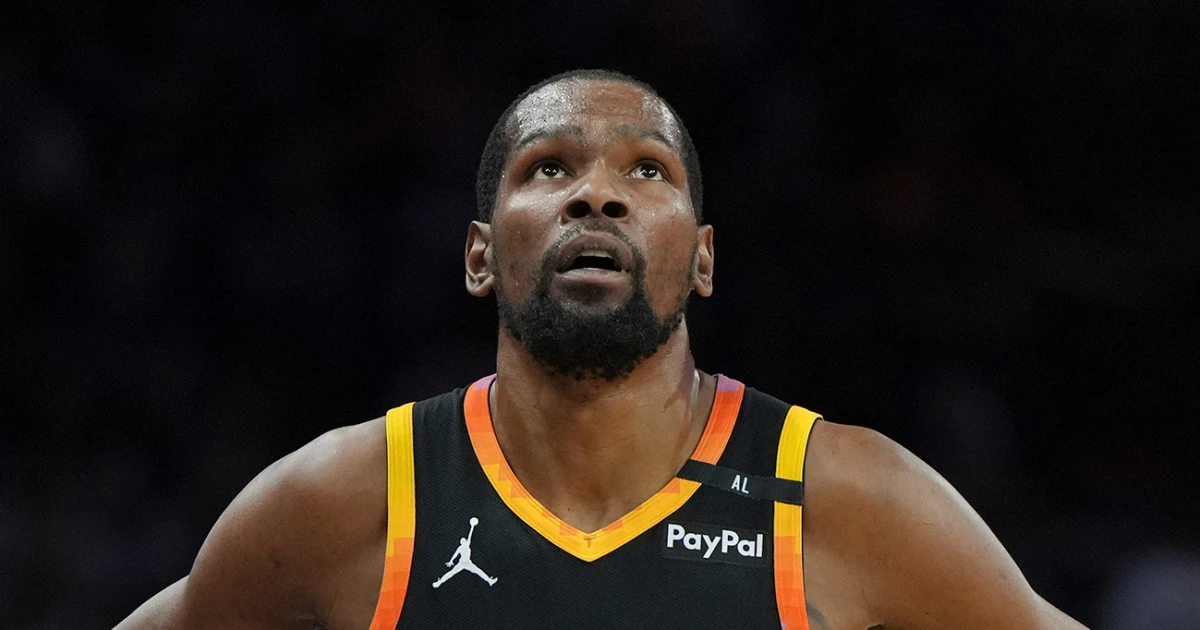By Contributor,Julian Hayes II
Copyright forbes

Optimal weekend habits recharge you, ground you, and help you move forward.
Two CEOs can step into Monday with identical calendars, yet arrive in entirely different states of mind. One begins the week sluggish, fragmented, and reactive. The other arrives energized, clear, and proactive. The difference rarely comes down to strategy or skill. More often, it’s shaped by something overlooked: their weekend habits.
For leaders navigating relentless disruption and scrutiny, weekends aren’t simply downtime. They are a prime opportunity to recharge, stay grounded, and quietly get ahead. These seven weekend habits can help you turn your “time off” into a compounding advantage.
1. They Indulge In A Passion To Recharge
Proper recovery isn’t always passive. Instead, recovery and recharging often lean into various passions—such as music, art, sports, writing, running, and dancing—all crafts that are unrelated to business. These outlets anchor leaders’ identities beyond their job titles, lower burnout risk, and restore their energy for deeper work.
Empirical evidence supports this: research in the Journal of Occupational and Organizational Psychology found that individuals who engage in creative activities outside of work hours report higher recovery experiences and better performance outcomes.
By deliberately carving time for outside passions, especially on weekends, CEOs return to Monday not just rested, but with a fresh perspective and psychological distance.
MORE FOR YOU
2. They Leverage Longer Workouts And Restorative Practices
During weekdays, workouts are squeezed, tactical, and rushed. However, weekends provide a rare opportunity for extended movement and recovery, including long aerobic sessions, mobility work, yoga, or Pilates.
Extended physical activity helps mitigate stress, sharpens cognitive functioning, and recalibrates a leader’s nervous system. When combined with restorative techniques, this supports leaders’ mental steadiness, emotional composure, resilience, and sustained executive presence.
3. They Double Down On Deep Connections
The higher a leader climbs, the easier it becomes to drift into isolation. Weekends are a rare opportunity to counter that drift by leaning into the relationships that matter most. Highly effective CEOs don’t treat family dinners, device-free conversations, or time with trusted peers as optional. They see them as the essential infrastructure for leadership, and even more so, fulfillment.
These connections do more than restore a sense of belonging. They act as stabilizers, buffering leaders against the emotional volatility of high-stakes decisions and the inevitable scrutiny that comes with the role.
A strong inner circle provides a candid perspective and emotional steadiness that no strategy session can replicate. By protecting this time, CEOs invest in the foundation of sustained performance.
4. They Protect Strategic “Me Time”
For many CEOs, every moment is claimed by others—employees, media, boards, and family. Weekends are one of the few spaces to reclaim solitude and silence. Leaders must protect these windows even if it feels “selfish.”
While brief, these periods, characterized by uninterrupted reading, thinking, journaling, and walking, offer the mental distance necessary to process, reflect, and recognize patterns. Research indicates that solitude has a deactivating effect on high-arousal affect states and facilitates emotional recalibration.
In a world inundated with inputs, “me time” is where you catch the signals others miss.
5. They Moderate Indulgence As A Performance Choice
Weekend excess feels harmless, but it’s actually a stealth tax on cognition, clarity, and resilience. Excessive alcohol consumption, late nights, or poor dietary choices can lessen a leader’s executive performance.
Cognitive science supports this, as research in Nature Communications found that moderate to heavy alcohol intake has been tied to hippocampal atrophy, reduced white matter integrity, and poorer brain structure.
Effective leaders enjoy, but with intention. They see moderation not as deprivation, but as a means of protecting their mental acuity and overall well-being, which will be demanded on Monday.
6. They Plan Their Week For Their Health
Most leaders meticulously plan every business engagement, call, meeting, and trip, but often overlook planning for their own health. Highly effective CEOs use weekend time to schedule workouts, recovery sessions, meals, the effects of jet lag, sleep buffers, and personal priorities.
By making health non-negotiable on their calendars, leaders signal to themselves and their people that stamina, clarity, and well-being are integral to the operating system—not optional extras.
7. They Curate Inputs For Fresh Perspectives
Disconnecting has value. However, the effective CEOs also use their weekends to “encounter difference.” They consume ideas outside their usual bubble: history, philosophy, art, science, poetry, voices from distant industries.
This habit isn’t about more content; it’s about different content. Studies in Frontiers in Psychology highlight how exposure to novel, cross-disciplinary stimuli improves creativity and divergent thinking.
Curated inputs help you escape echo chambers, generate new insights, and see angles others miss. Over time, this habit becomes a subtle yet powerful differentiator.
Weekend Habits As A Strategic Advantage
The margins between moving an organization forward or falling behind are thinner than ever, and executive conditioning is no longer optional. For CEOs, “the weekend” is not a break from governance; it’s itself a strategic lever.
Highly effective leaders don’t leave those 48 hours to chance. They structure them with intention through recharging, staying grounded, and getting ahead. And come Monday morning, the CEOs who treated their weekend habits like assets are often already setting the pace.
Editorial StandardsReprints & Permissions



